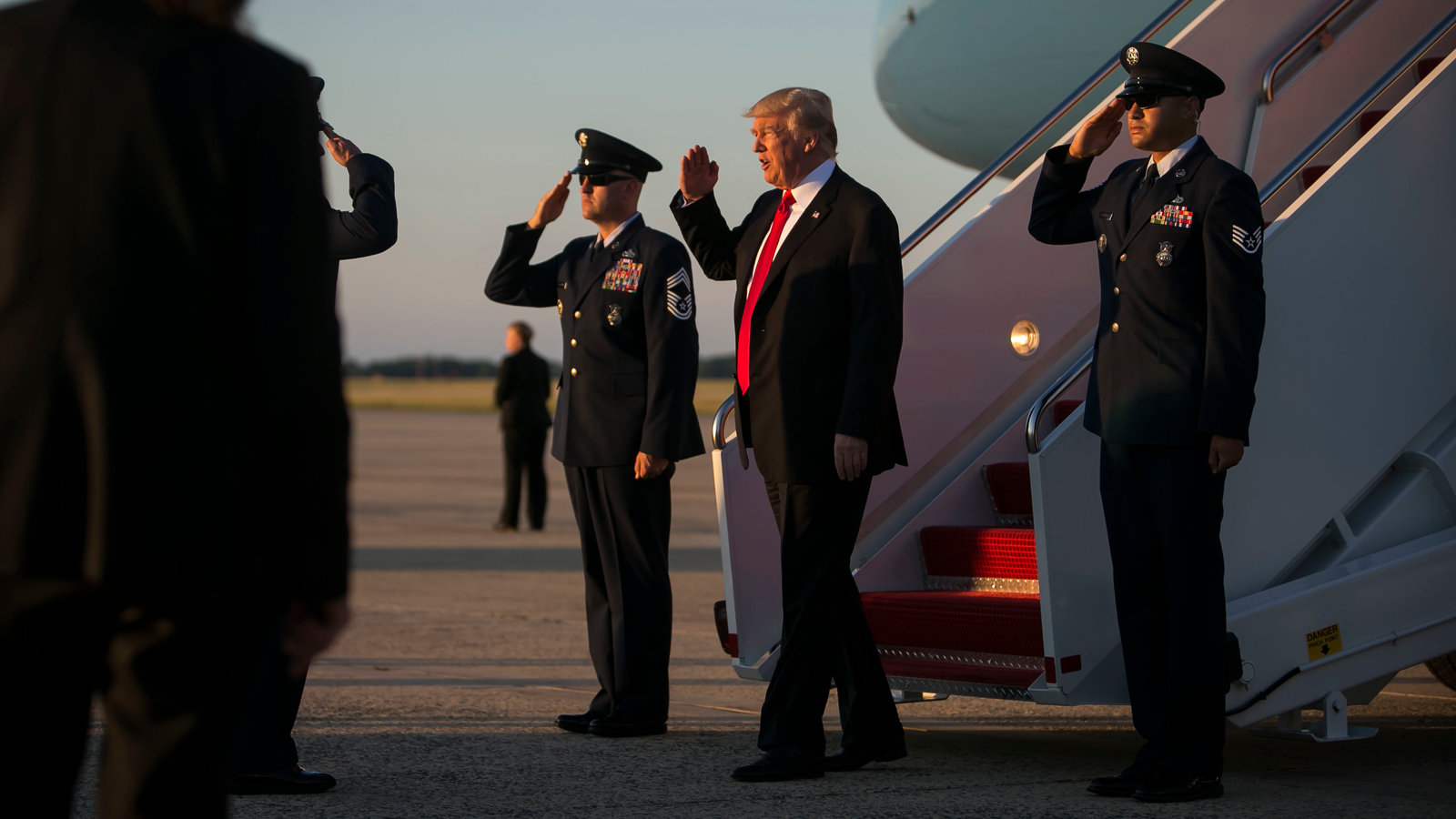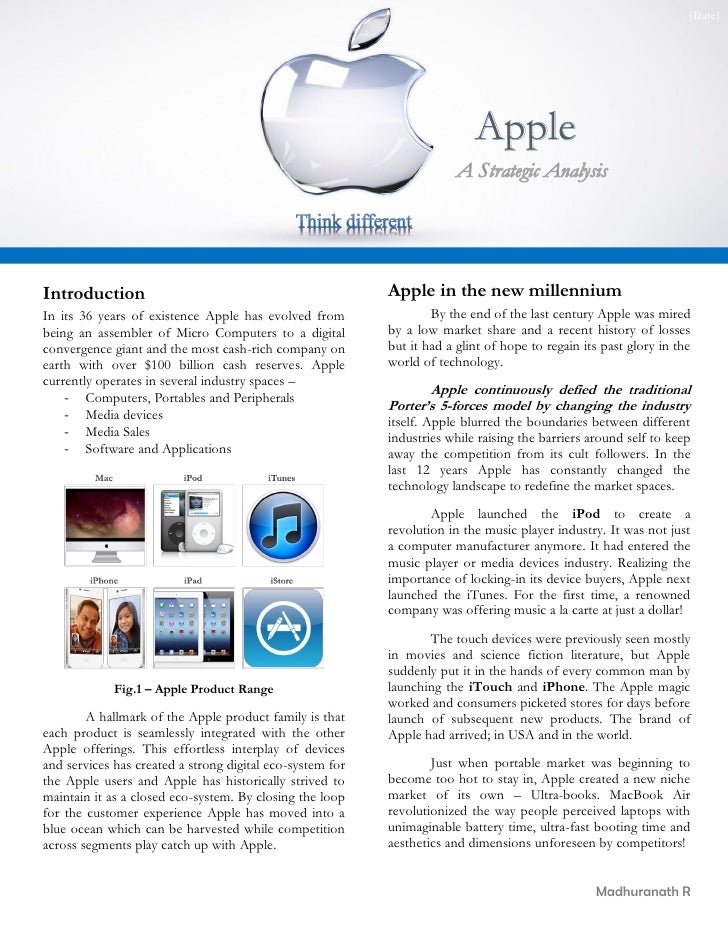Analyzing The Rhetoric Surrounding Trump's Transgender Military Policy

Table of Contents
The Initial Announcement and its Framing
Trump's initial announcement of the ban, delivered via Twitter in 2017, was terse and declarative. The language employed lacked nuance, prioritizing a stark and decisive tone.
- Key words and phrases: "burden," "cost," "national security," "military readiness," "disruptive." The absence of words like "diversity," "inclusion," or "human rights" is telling.
- Intended audience: The messaging clearly targeted a conservative base, appealing to anxieties surrounding military effectiveness and fiscal responsibility. The emotional impact aimed to generate a sense of urgency and decisiveness.
- Initial reactions and media coverage: The announcement was met with immediate backlash from LGBTQ+ advocacy groups and many in the media. News outlets sympathetic to the administration framed the policy as a necessary measure to maintain military effectiveness, while others highlighted the discriminatory nature of the ban. This initial framing significantly shaped the subsequent debate.
Proponents' Arguments and Rhetorical Strategies
Supporters of the ban relied on several key rhetorical strategies:
- Common arguments: Proponents frequently cited concerns about combat readiness, the potential costs associated with medical transition care, and the disruption to unit cohesion. They often presented these arguments as matters of national security and military effectiveness.
- Appeals to authority: Military officials and conservative politicians were frequently cited as sources of expertise, lending credibility to the claims. This appeal to authority aimed to marginalize dissenting voices.
- Narrative construction: The dominant narrative portrayed transgender service members as a "burden" on the military, implying a threat to national security and operational efficiency. Statistics used were often selectively chosen and lacked broader context.
- Media influence: Conservative news outlets played a significant role in amplifying the narrative supporting the ban, reinforcing the pre-existing biases of their audiences.
Opponents' Arguments and Rhetorical Strategies
Opponents of the ban countered with a different set of arguments:
- Focus on human rights: Arguments centered on the principles of non-discrimination, equality, and the right of transgender individuals to serve their country. The ban was framed as a violation of fundamental human rights and equal opportunity.
- Personal stories: Opponents effectively used personal testimonials from transgender service members to humanize the issue and challenge the dehumanizing rhetoric employed by supporters of the ban.
- Counter-narratives: They presented counter-narratives emphasizing the positive contributions of transgender service members, highlighting their military expertise and commitment to service. They also challenged the validity and reliability of statistics presented by proponents.
- Influencing public opinion: While facing an uphill battle against the initial media framing, opponents successfully leveraged social media and grassroots activism to raise awareness and build public support.
The Legal Battles and their Rhetorical Significance
The legal challenges to the ban saw both sides employing carefully constructed legal rhetoric:
- Constitutional rights: Opponents argued the ban violated the Equal Protection Clause of the Fourteenth Amendment, framing the policy as discriminatory.
- Military regulations: Proponents argued that the ban was necessary to maintain order and uniformity within the military, emphasizing the need for clear and consistent regulations.
- Media portrayal: The legal battles were closely followed by the media, shaping public discourse around the policy's legality and its broader implications. The use of legal terminology and court rulings became part of the wider public debate.
- Impact of judicial decisions: Court decisions, while often complex, contributed to shaping public opinion and influencing the overall narrative surrounding the policy.
Long-Term Impact and Ongoing Debate
Trump's transgender military policy, while ultimately overturned, continues to have a lasting impact:
- Policy changes: The policy reversal marks a significant shift in military policy, though ongoing debates regarding transgender inclusion persist.
- Public opinion: Public opinion regarding transgender rights in the military remains divided, with ongoing polarization fueled by partisan politics.
- Broader implications: The debate has broader implications for LGBTQ+ rights and inclusion not only within the military but across society. Further research is needed to fully understand the long-term effects of this policy.
- Future developments: The fight for full inclusion and equality for transgender individuals within the military and beyond is far from over. Ongoing legal battles and legislative efforts will continue to shape the landscape.
Conclusion
The rhetoric surrounding Trump's transgender military policy reveals the immense power of language in shaping public opinion and influencing policy outcomes. Proponents used appeals to authority, anxieties about national security, and a narrative of "burden" to advance their arguments. Opponents effectively countered with appeals to human rights, personal stories, and counter-narratives that challenged the dominant framing. The legal battles further highlighted the significance of rhetoric in shaping the overall debate.
To fully understand the complex legacy of this policy, further engagement with the ongoing debate surrounding transgender military inclusion is crucial. We encourage readers to explore resources from organizations dedicated to LGBTQ+ rights and military inclusion to better inform themselves about the ongoing challenges and the work still needed to achieve true equality and acceptance for all service members. Continue to engage with the debate surrounding the impact of Trump's transgender military policy and related issues of transgender military service.

Featured Posts
-
 The 10 Best Film Noir Movies A Critics Picks
May 10, 2025
The 10 Best Film Noir Movies A Critics Picks
May 10, 2025 -
 600 Sensex Nifty
May 10, 2025
600 Sensex Nifty
May 10, 2025 -
 Will Apples Ai Strategy Deliver A Critical Analysis
May 10, 2025
Will Apples Ai Strategy Deliver A Critical Analysis
May 10, 2025 -
 Vegas Golden Knights Defeat Columbus Blue Jackets Hills Stellar Performance Key To Win
May 10, 2025
Vegas Golden Knights Defeat Columbus Blue Jackets Hills Stellar Performance Key To Win
May 10, 2025 -
 Uk Government To Tighten Visa Rules Which Nationalities Will Be Affected
May 10, 2025
Uk Government To Tighten Visa Rules Which Nationalities Will Be Affected
May 10, 2025
